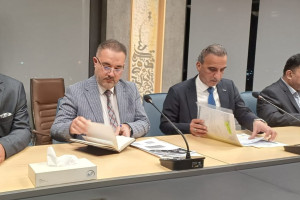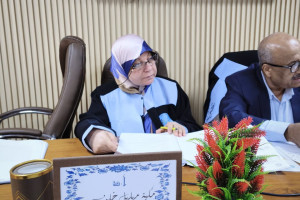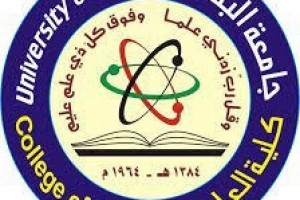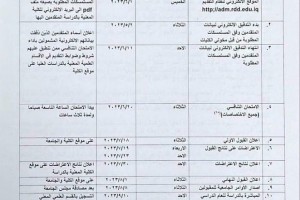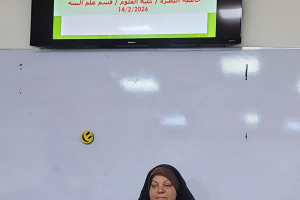
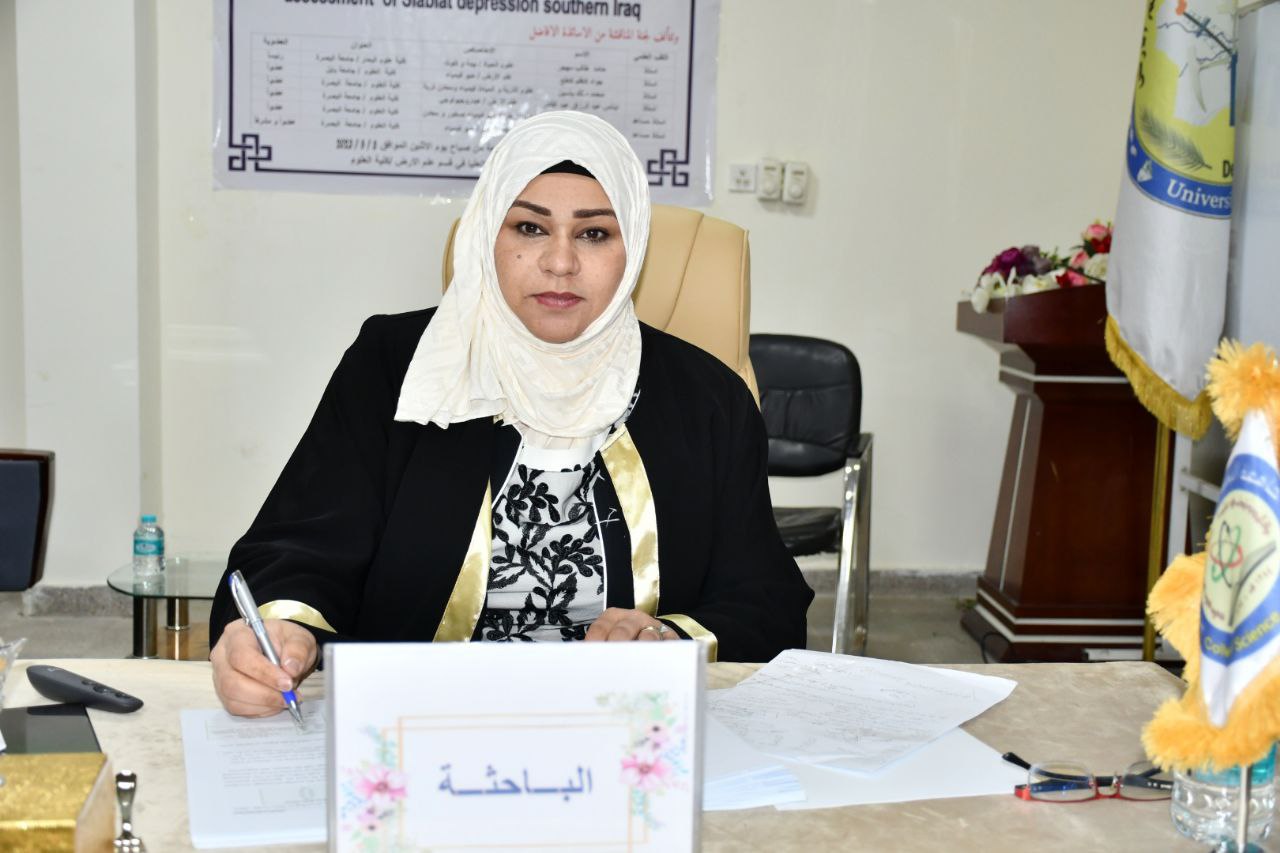
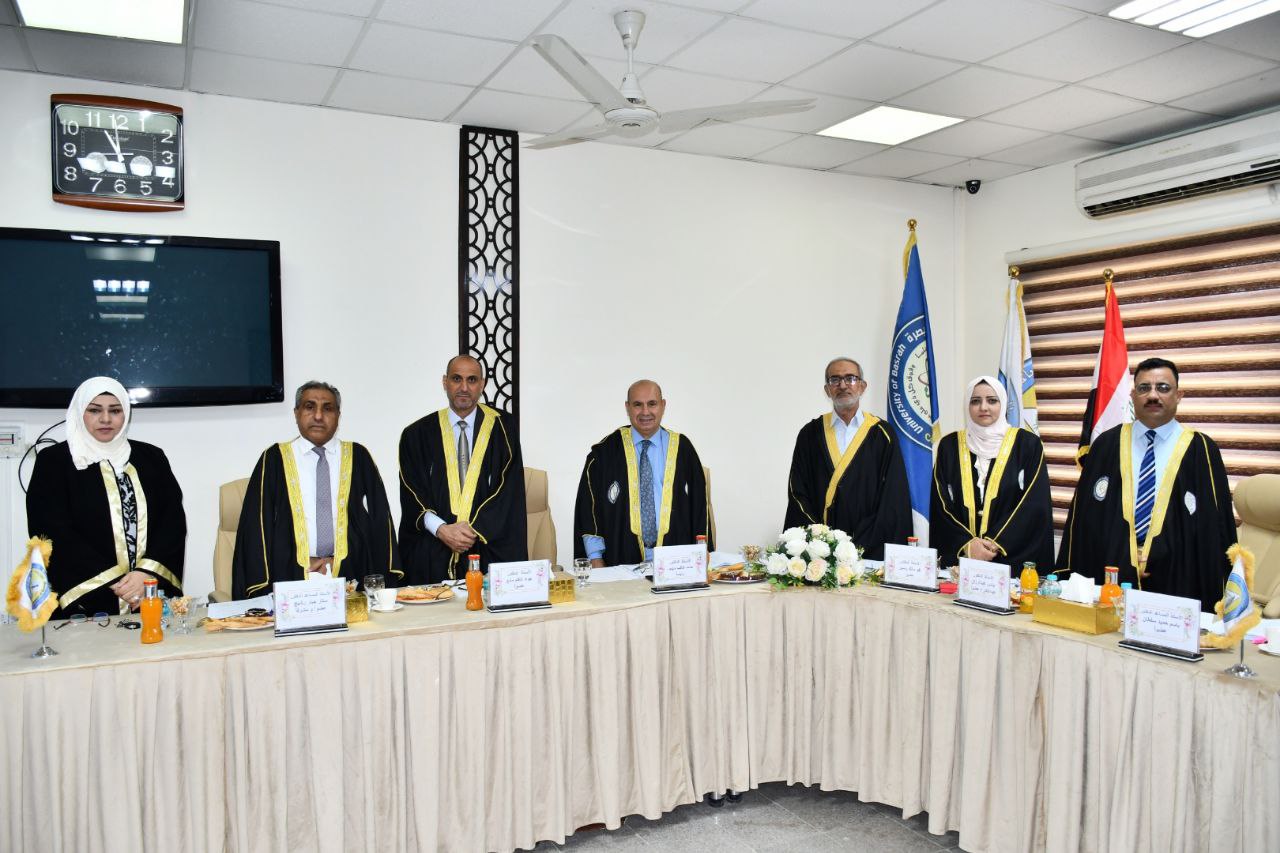
The Department of Geology at the College of Science discussed a doctoral dissertation entitled (Geochemistry, Hydrochemistry, Environmental Assessment of the Sulaibiyat Depression in Southern Iraq). The researcher's thesis, Iqbal Aufi Al-Taie, aims to determine the geochemical and mineral soils of the Sulaybat depression, to determine the quality of the depression's water, and to evaluate the soil and water of the study area for heavy elements and hydrocarbon compounds. The study included the field work side taking soil and water models, and the other side included laboratory work and included particle size analyzes and the use of (XRD and XRF) technology to determine oxides and clay and non-clay minerals, and Gas Chromatography (GC) was used for the purpose of determining T polycyclic aromatic compounds. The results revealed the prevalence of both calcite and quartz as non-clay minerals in the soil of the study area, as well as the emergence of kaolinite and montmorillonite as clay minerals, and the increase in the percentage of total organic carbon is due to the decomposition of both reeds and papyrus. And that the increase in the percentage of boron in the water and soil of the study area is due to the incorrect use of farmers in the fertilization of agricultural crops. The study recommends the reclamation of the neighboring lands by agriculture to reduce the spread of salts, the use of organic fertilizers, and the evaluation of the Sulaibiyat depression as a natural reserve, due to the biodiversity it contains and an environment suitable for increasing the tourism economy.

